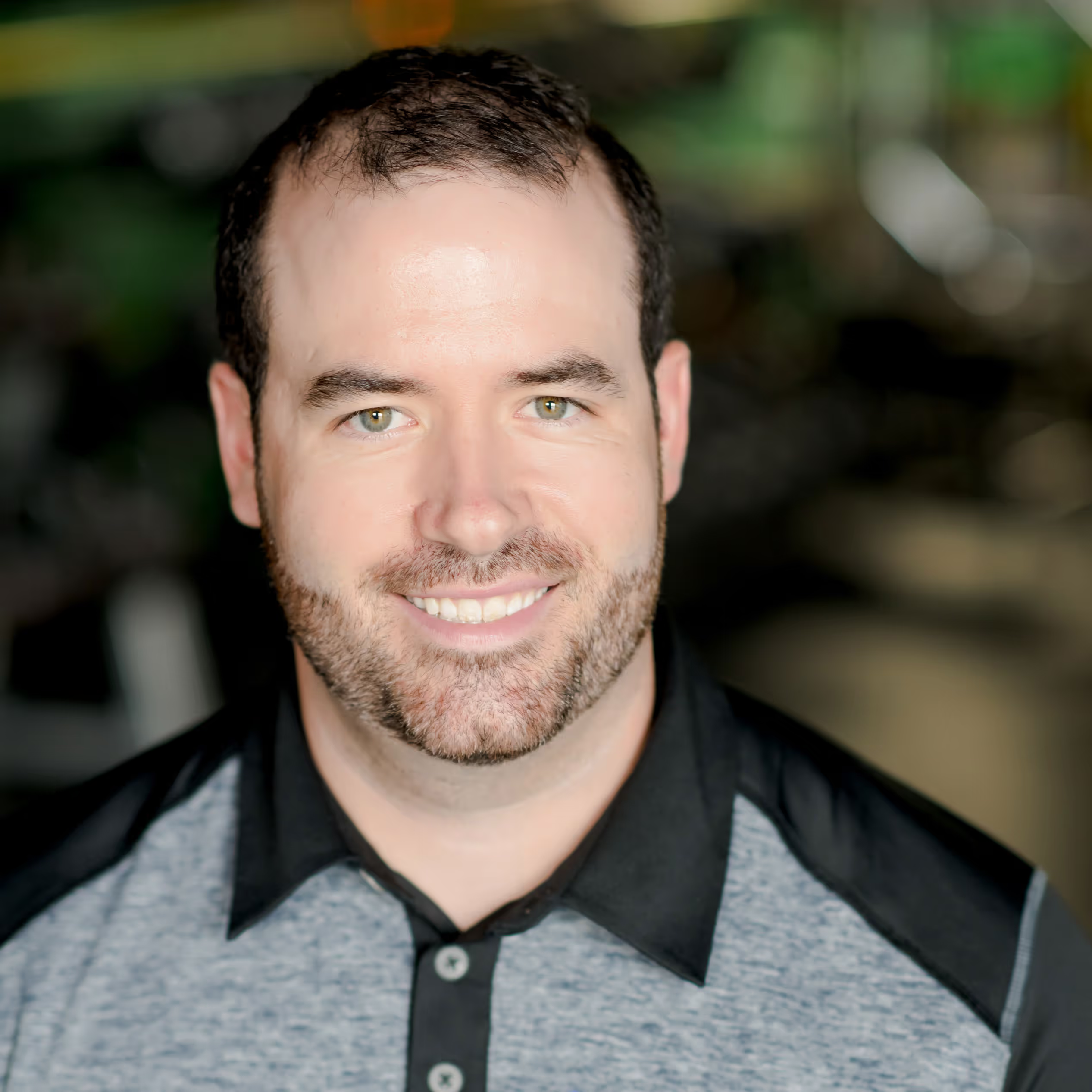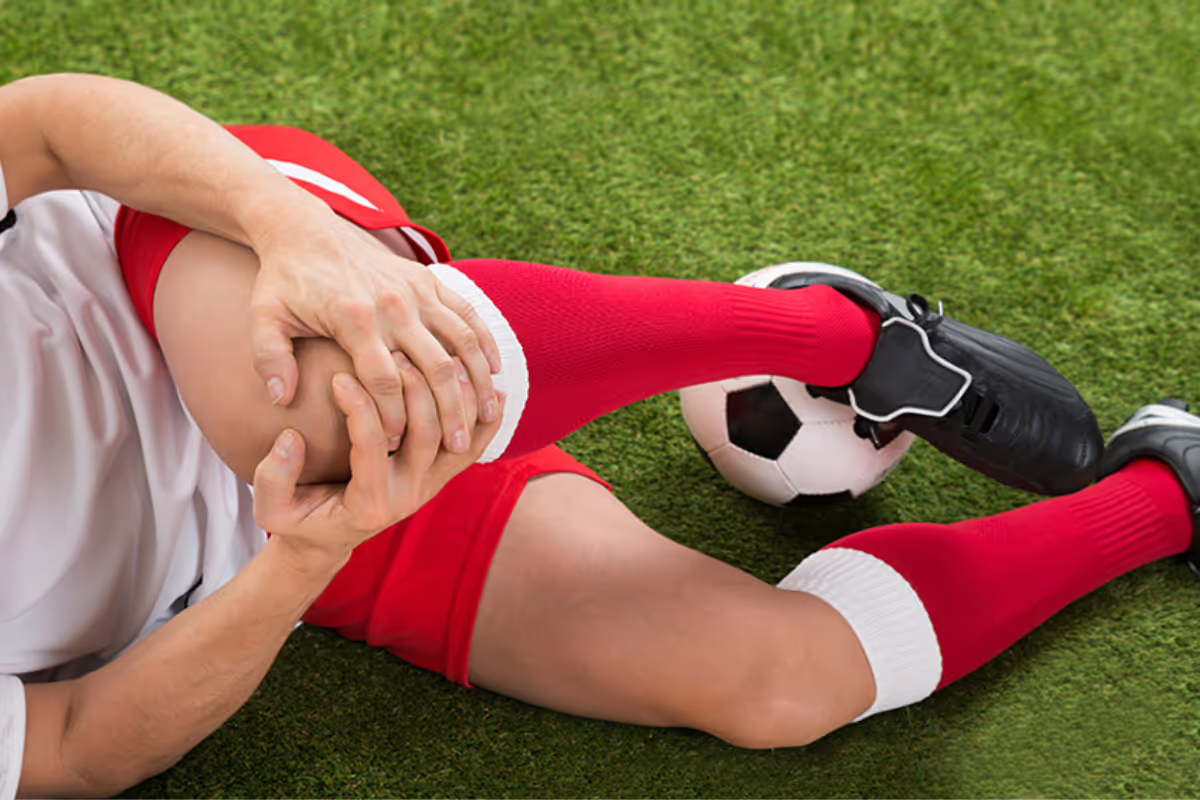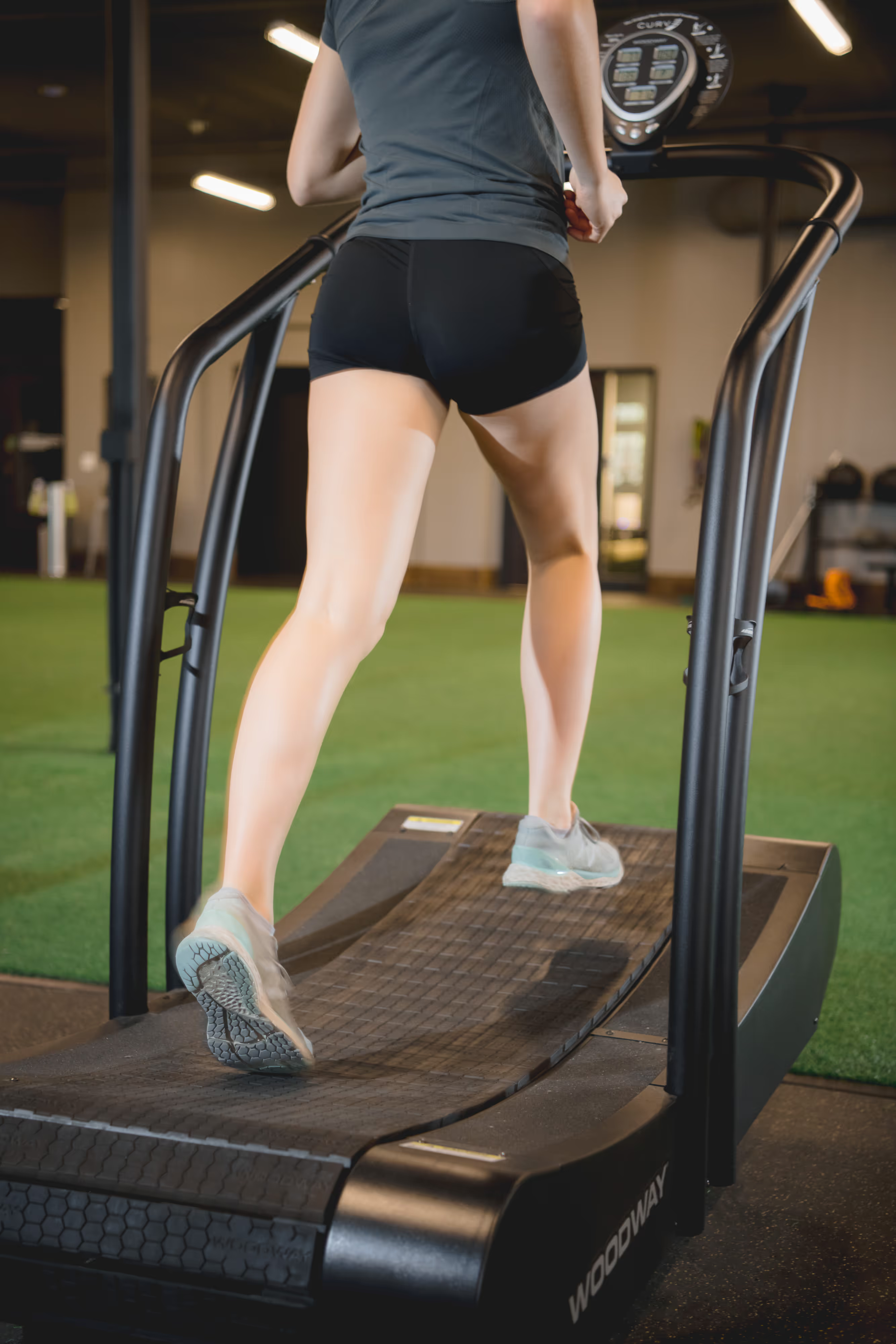Tearing Your ACL
For any athlete, the news that you tore your anterior cruciate ligament (ACL) is devastating and scary. Your brain is also flooded with a lot of questions. One of the first questions we get from athletes immediately after tearing their ACL is “Can I walk with a torn ACL?”
Can I walk?
Immediately after the injury? Often, no. Right after injury, there is usually a lot of pain, swelling and lost range of motion. Athletes will most commonly use crutches to help walk in the days immediately following your ACL injury.
But, typically you can walk with a torn ACL after the first few days upon injury. In fact, one of the goals of pre-operative physical therapy before ACL surgery is to restore your normal walking pattern!
But isn’t my knee unstable?
The ACL works to prevent shearing or sliding of your tibia forward on your femur bone and it also helps to limit rotation of your knee joint. With low stress, straight ahead motions like walking with no cutting, pivoting or change of direction, most often your knee is stable enough.
The larger concern with walking after an ACL injury might actually be with second injuries like meniscus tears and bone bruises. These secondary injuries may affect your ability to walk with normal mechanics and without pain more than your ACL tear.
How do I know I’m ready to try walking without crutches?
Every decision in ACL rehab should be criteria based, not just based on time or guesswork.
There are a few key elements you need in order to start walking:
- Range of motion: You need to be able to get your knee fully straight without pain and you need to be able to bend your knee to at least 100° in order to clear your foot while walking for a normal gait pattern.
- Firing your quad: Often after your ACL tear, your quad muscle will “shut off”. This muscle is required to help you keep your knee straight and bear weight safely. You need to be able to complete a good quad set before you should attempt walking without crutches.
- Bear weight on your leg: If you can get your knee straight and activate your quad muscle, you should be able to bear weight. But, it is always good to practice before going for a solo walk. Try this exercise below near a wall (for support in case you need it) to test out how well you can bear weight through your knee before going for a walk.
- Does it hurt? Try a short walk around your house. Does your knee hurt? Are you able to walk normally without a big limp? If walking hurts, you aren’t quite ready to ditch the crutches. Keep working on activating your quad, restoring your range of motion, decreasing your swelling and managing your pain before you start walking.
Once you are ready to walk, we always recommend starting slow.
- Begin with short walks on level surfaces and avoid large crowds where you might get bumped or jostled
- Be very cautious of slippery and uneven surfaces initially
- Gradually increase the amount of time you are off your crutches, as doing too much too soon may lead to your knee swelling up and your pain returning
Walking Drills Pre ACL Surgery
When you’ve met the above criteria and have determined you are ready to walk and have successfully done some slow, careful walking, there are some next walking drills you can try next.
Here are our favorite 3 walking drills to do before your ACL surgery:
- Heel walking
- Retro walking
- A-walking
All 3 of these drills will help you regain your knee’s range of motion and fire your quadricep muscle, both of which are crucial elements of ACL rehab.
Educate Yourself on Everything ACL
We know “Can I walk with a torn ACL?” is just one of hundreds of questions you have if you’ve recently had an ACL injury. That is why we created a free online mini-course that is designed to help answer all of these questions. It will give guidance on everything from finding a surgeon, questions to ask your doctor, how to choose a graft and how to find the best physical therapist.



